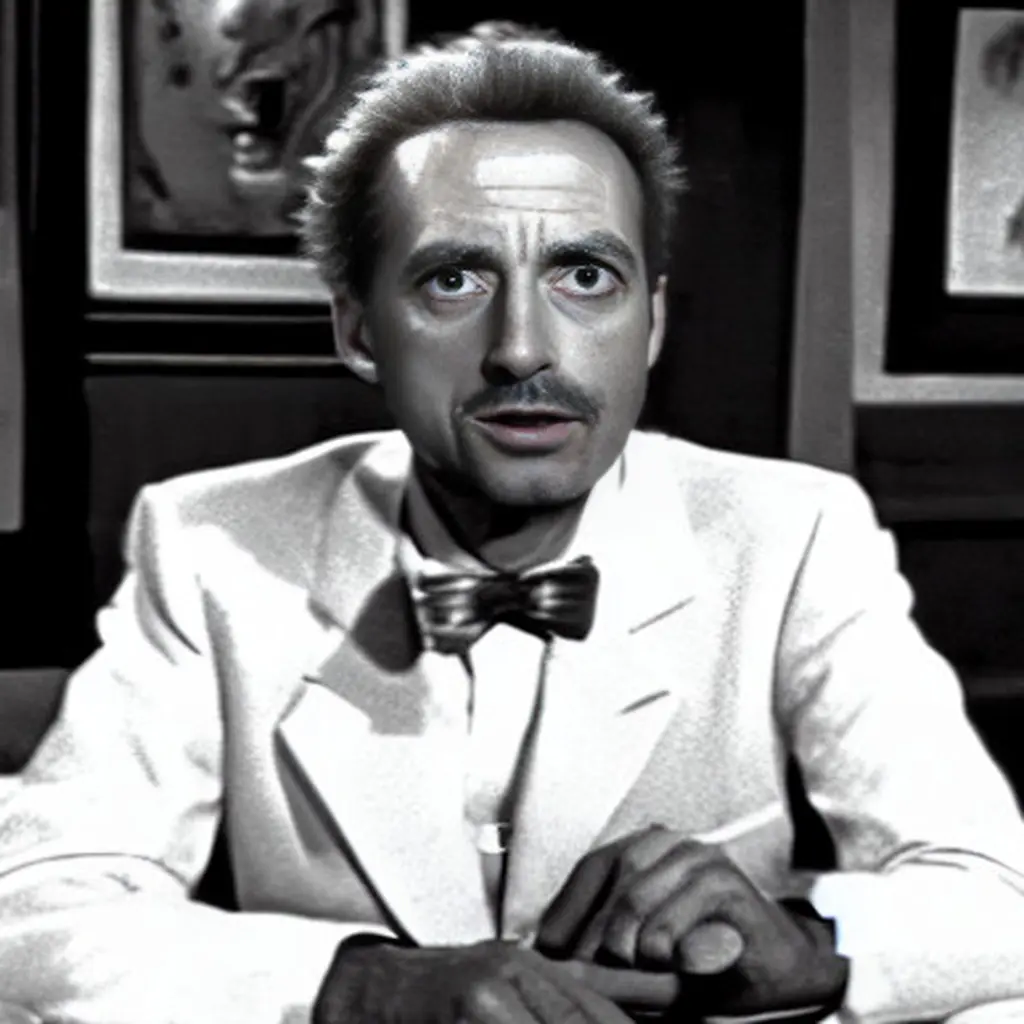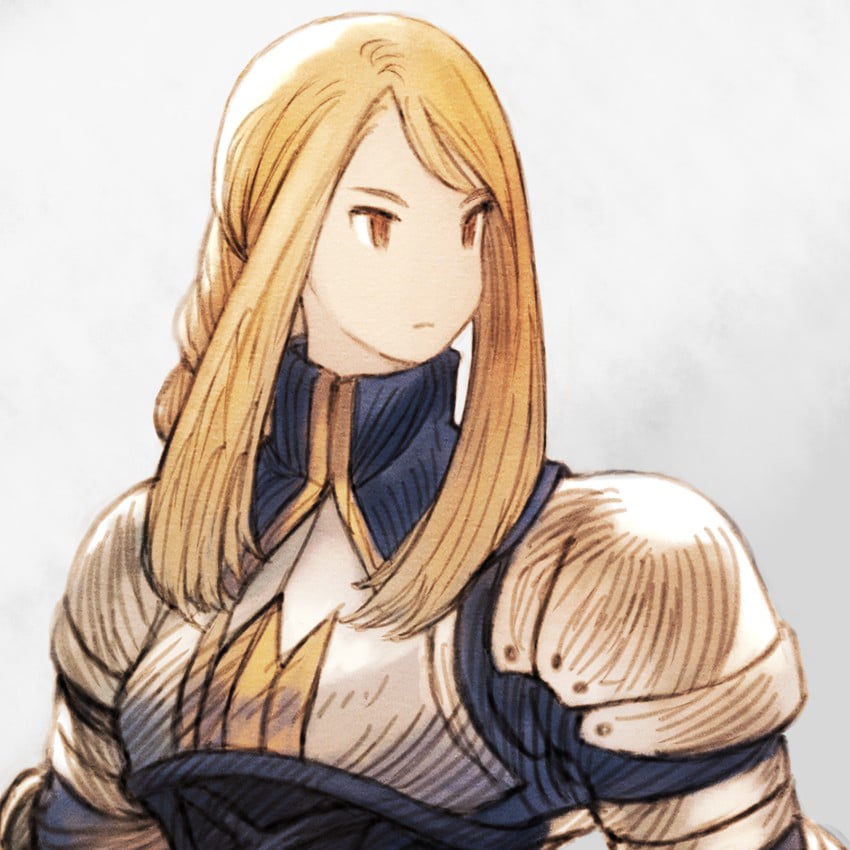Speed Daily exclusively learned that the American toy company Hasbro is seeking to sell its well-known IP “Dungeons & Dragons” (referred to as “DND” below), and Tencent is one of the potential buyers.
At present, the negotiations are still in the early stages and both parties have not yet reached an agreement on the details of the transaction.
According to informed sources, the financial crisis faced by Hasbro is the main reason for considering the sale of DND, and Tencent Investment’s Larian Studios is acting as an intermediary in this transaction. Larian Studios’ game “Baldur’s Gate 3” won the TGA Game of the Year award in 2023 and is considered one of the most successful adaptations of DND. As a result, it was seen as a potential target buyer by Hasbro. However, due to insufficient funds, Larian ultimately introduced this deal to shareholder Tencent.
Hasbro was founded in 1923 and has a history of over a hundred years. In 1935, the company gradually became a world-class toy company with its Monopoly series games. It owns well-known IPs such as Transformers, Dungeons & Dragons, Monopoly, and My Little Pony. However, this century-old enterprise is currently facing a huge crisis due to losses. Its stock price has dropped from a high of $108 in 2019 to $51 (closing data on January 26th).
According to the financial report, as of the third quarter of 2023, Hasbro has been experiencing consecutive losses for four quarters due to its main business of toy sales. The accumulated loss from Q4 2022 to Q3 2023 exceeds $500 million USD, and in Q2 2023, there was even a negative free cash flow situation. According to Forbes reports, in response to the crisis, the company underwent significant layoffs last year, with a total reduction of over 1,900 employees accounting for more than 20%.
Although the company as a whole is in a loss situation, its DND-related IP is a high-quality asset and has achieved considerable success in video game adaptations. Last year, the release of “Baldur’s Gate 3” by Larian Studios was both critically acclaimed and commercially successful. It not only won six TGA awards, including Game of the Year but also generated revenue of $657 million, surpassing the Harry Potter IP adaptation game “Hogwarts Legacy,” making it the most profitable PC exclusive game last year.
The success of “Baldur’s Gate 3” is also reflected in the financial data of Hasbro. The financial report shows that in the third quarter of 2023, driven by “Baldur’s Gate 3” and another Monopoly IP game called “Monopoly Go!”, Hasbro’s electronic gaming and licensing-related business achieved a contrary year-on-year growth of 40%, reaching $423 million.
Outside of electronic games, DND is also one of the most popular tabletop games in Europe and America. It has appeared multiple times in American TV shows such as “The Big Bang Theory” and “Stranger Things”. A large fan base has formed around its related culture, making it a top-tier IP.
A Tencent IEG (Interactive Entertainment Group) insider revealed that Tencent, represented by its overseas business department IEG Global, is in negotiations with the aim of acquiring a series of rights including the adaptation rights for electronic games such as DND.
According to the aforementioned IEG insiders, Tencent currently holds the game adaptation rights for many top-tier IPs. However, due to the licensing model mostly not being a one-time buyout, Tencent not only needs to bear high copyright fees and long-term revenue sharing but also frequently faces restrictions from its partners in terms of development and operation. Previously, the mobile game adaptation of “NieR” developed by Tencent TiMi Studio was unable to be launched even until the project was cancelled.
If this acquisition is successful, it will enable Tencent to gain dominant control over the IP of Dungeons & Dragons, which will largely avoid the aforementioned issues.
Companies in Europe and America attach great importance to the value of intellectual property (IP), while Chinese companies have limited opportunities to acquire top-tier IP from overseas. For Tencent, the opportunity to acquire the Dungeons & Dragons IP from Hasbro due to financial considerations is a rare chance.
Was this what Wizards was talking about when they said they had big plans for D&D’s 50th anniversary?
Just wait til MtGs 35th when they claim every aftermarket card banned and you can only play with the cards you buy direct from their on site printer
MTG, now with non-transferable NFTs!
So, regular microtransactions?
To shreds you say…
Hasbro was founded in 1923 and has a history of over a hundred years.
Yep, that’s how years work.
2024-1923=101, that’s over a hundred
Who would have known. It doesn’t feel like it’s been 101 years since 1923.
Neat, all my Pathfinder experience will be even more valuable!
I’ve gotta say, Hasbro didn’t make Monopoly they stole it. They ripped Landlord’s Game by Elizabeth Magie and changed up the box art slightly. The board was even a square beforehand.
They didn’t steal shit. Parker Brothers bought the rights. Hasbro bought Parker Brothers in 1991.
Yeah if you bothered to read my comment chain with the other commentor I said I invalidated my original comment. The theft claim comes from a debacle inside the Parker Brothers company with another version of Landlord’s Game.
Didn’t parker brothers make monopoly?
They published it for her in 1932 after rejecting it at first in 1909. It was published in 1913 in the UK under a different name, and a college professor from Elizabeth’s town also spread it to his students. Which is where the monopoly name came from. The information for this followup comment I found on Wikipedia. It also mentions she sold her patent to them in 1935 for 500 bucks. Which they then shelved her version of the game for someone else’s. I think I just invalidated my stolen comment and found where that accusation comes from. Cause there were a fuckton of versions of this game. But she made the original for sure. I read all this on wikipedia for the follow up comment, it seemed unbiased but someone should challenge me if they know better.
Honestly, if they buy the IP and hand it over to Larian to make games, it’s a big win for everyone that wants DnD RPGs.
I really don’t like Tencent, but if they decide to hand it off all control over the IP to Larian while merely keeping royalties, I would be a lot more okay with the purchase happening.
Considering Larian’s faithful use of the IP and that they worked with Hasbro throughout the development of BG3, I trust them enough to not gut D&D and turn it into a hollow shell. That being said, it’s far more likely that Tencent would use the IP to create predatory mobile games to rake in money.
I mean, Idle Champions Of The Forgotten Realms is right there already.
I was smiling as I read the first half. I should have known better…
China has some odd cultural hangups around skeletons and such that I think would eventually work its way into the IP (see old video game releases and the state approved model changes they have to make for their versions). Thats not nessessaraly a bad thing, but it would be weird to see what gets changed.
I would be concerned if I cared for the IP. The thing is that Hasbro broke the public’s trust with the attempted OGL change along with many other bad decisions and my groups fully abandoned the IP for Pathfinder. BG3 really is only my last connection to the current edition, and even then its really only set dressing over the video game mechanics.
As someone who deeply cares for D&D as a collaborative story telling tool, an excuse to RP with friends and just play fun games. I dont care who owns it, ive got my old books and can use any framework to tell a fun adventure. As Hasbro proved in 2023, the hobby is too popular to kill and people will make rules forks if they feel like the owner has too much influence over it.
That’s kinda where I’m at with it. There are loads of other systems at this point which honestly probably do more interesting things with certain systems. Just a matter of finding which one works for your group.
Im more curious to see what this does to a group like Critical Role. Most of the appeal there is the RP anyway so it seems like they’d be fine barring any weird contract stuff.
“Eventually”? They already force wotc to change art in DND and mtg for their market. If they owned it, those things would never be seen in the games again.
BG3 had skeletons in it though.
I think they’re was muted about China “relaxing” some of these things. I’ll see if I can find it.
I couldn’t find it. My memory is real bad so maybe I remembered something different.
Wonder how Larian got away with having skeletons.
BG3 had skeletons in it though.
BG3 isn’t made in China. Larian Studios is a Belgian developer and publisher.
Yes, but if you want to sell your game in China you need to follow those rules. At least that’s how it was 15 years ago. Things could’ve changed.
You can’t even show skulls in Chinese media
Is that some sort of weird superstition thing, or are they just scared of spooky skeletons?
Jesus Christ, why?
Hasbro is broke as fuck.
Real broke or investor “broke”? That is, “it isn’t wildly surpassing the level of profits it makes every year”.
It says it right in the breakdown of the article, they’re hemorrhaging money.
Hasbroke
Greed and people who don’t care about the property
Fucking Tencent?
RIP D&D.
You don’t have to buy anything to play DnD.
I’ve seen a real box set only once in my life.
So why really?
Prepare for D&D Beyond with class and gear lootboxes
It’s not like Hasbro is much better.
looking at you, beyblades
Dame Judy Dench could the funniest fucking thing ever.
DO IT BITCH
Wait… I thought Larian was private company. Why is this article saying that tencent owns shares of it? Or am I reading it wrong?
[removed]
Private companies can still have stock. It’s restricted to only be sold to qualified investors. Which is anyone that can show 200k in a bank account. It’s a way to let rich people get in a profit before the rest, and to some degree prevent poor from being scammed too badly.
Such a restriction on qualified investors is not the norm in most countries.
I don’t know about this case, but private companies also have shares and can sell them out/issue them to other parties just like public companies. It’s just that it doesn’t happen via a stock exchange and a lot of what they do doesn’t need to be publicly disclosed.
Bruh
Why not just sell to paizo
I don’t think paizo can afford the IP
This, Paizo is a low cashflow company with a solid product and stable business. However, they don’t have the balance sheet to make an offer or the historical performance for a lender to float them for a purchase of something this big. A best-case would be a larger organization buying the IP and then licensing Paizo to manage and develop it.

















